LOUISVILLE, Ky., USA: Children need smaller portions – this is true when it comes to eating meals, and when addressing topics such as imaging. It is under this premise that the profession of dentistry is joining the Image Gently campaign to raise awareness about special considerations needed for pediatric dental radiology, and to promote radiation safety.
William C. Scarfe, BDS, FRACDS, MS, professor and director, Radiology and Imaging Science, Department of Surgical and Hospital Dentistry, University of Louisville School of Dentistry, along with an international team of dental and medical radiologists and dental specialists, discussed the implications of the campaign in an article published last year in Oral Surgery, Oral Medicine, Oral Pathology and Oral Radiology.
Radiation protection can be a safety issue. Radiation-associated risk to children is often greater than for adults due to their longer life expectancy for the effects of radiation exposure to manifest and increased radiosensitivity of developing organs and tissues, Scarfe said.
“This campaign is designed to change practice by increasing awareness of opportunities to improve radiation protection when imaging children in dental practices,” Scarfe said. “Six practical steps underline the principle that one size does not fit all, especially when it comes to using radiography during pediatric dental procedures. When we image children, we should image gently – more is often not better.”
The six-step plan includes:
- Select x-rays for a patient’s individual needs, not as routine.
- Use the fastest image receptor possible, E- or F-speed film or digital sensors.
- Aim the X-ray beam to expose only the area of interest.
- Use thyroid collars.
- Child-size the exposure.
- Use cone beam computed tomography (CBCT) only when necessary.
“We are pleased that our UofL School of Dentistry’s radiation policy supports these principles,” Scarfe said.
Image Gently started in 2007 as an effort involving physicians, radiologists, technologists and physicists. Since then more than 80 organizations, medical societies and agencies have joined the Alliance for Radiation Safety in Pediatric Imaging.
(Source: UofL Health Sciences News)
NEW HAVEN, Conn., USA: In the largest case-control study to date, researchers have investigated the correlation between benign brain tumors and dental ...
CHICAGO, US: The American Dental Association (ADA) has issued updated recommendations on dental imaging, reinforcing that radiographs and CBCT scans should ...
ROSEMONT, Ill. – More than one in four children born with a cleft lip and/or palate face a geographic disadvantage to access certified treatment for their...
NEW YORK, USA: The U.S. Food and Drug Administration has warned parents and dental professionals in the US to administer teething pain relievers containing ...
When dental implants are inserted, saliva or blood plasma immediately coat them. The implants adsorb a thin layer of proteins from these fluids that help ...
BALTIMORE, MD, USA: The National Museum of Dentistry has created a new resource to help parents of children with autism spectrum disorder succeed in ...
Dental Tribune had the opportunity recently to interview Dr Louis E. Rossman, president of the American Association of Endodontists. Rossman, who is in ...
An independent study presented at the 41st Annual Conference on Radiation Control, held 18–21 May 2009, concluded that the NOMAD handheld dental X-ray...
“For DEXIS, 2024 was a year of tremendous innovation, as we continue to provide dental professionals with the most powerful, efficient and time-saving ...
NEW YORK, N.Y., USA: The American Academy of Implant Prosthodontics (AAIP) will join with its affiliates, Atlantic Dental Implant Seminars (ADIS) and the ...
Live webinar
Fri. 6 March 2026
3:00 AM EST (New York)
Live webinar
Mon. 9 March 2026
12:30 PM EST (New York)
Live webinar
Mon. 9 March 2026
3:00 PM EST (New York)
Live webinar
Tue. 10 March 2026
4:00 AM EST (New York)
Assoc. Prof. Aaron Davis, Prof. Sarah Baker
Live webinar
Tue. 10 March 2026
8:00 PM EST (New York)
Dr. Vasiliki Maseli DDS, MS, EdM
Live webinar
Wed. 11 March 2026
12:00 PM EST (New York)
MDT Andreas Chatzimpatzakis
Live webinar
Thu. 12 March 2026
12:00 PM EST (New York)



 Austria / Österreich
Austria / Österreich
 Bosnia and Herzegovina / Босна и Херцеговина
Bosnia and Herzegovina / Босна и Херцеговина
 Bulgaria / България
Bulgaria / България
 Croatia / Hrvatska
Croatia / Hrvatska
 Czech Republic & Slovakia / Česká republika & Slovensko
Czech Republic & Slovakia / Česká republika & Slovensko
 France / France
France / France
 Germany / Deutschland
Germany / Deutschland
 Greece / ΕΛΛΑΔΑ
Greece / ΕΛΛΑΔΑ
 Hungary / Hungary
Hungary / Hungary
 Italy / Italia
Italy / Italia
 Netherlands / Nederland
Netherlands / Nederland
 Nordic / Nordic
Nordic / Nordic
 Poland / Polska
Poland / Polska
 Portugal / Portugal
Portugal / Portugal
 Romania & Moldova / România & Moldova
Romania & Moldova / România & Moldova
 Slovenia / Slovenija
Slovenia / Slovenija
 Serbia & Montenegro / Србија и Црна Гора
Serbia & Montenegro / Србија и Црна Гора
 Spain / España
Spain / España
 Switzerland / Schweiz
Switzerland / Schweiz
 Turkey / Türkiye
Turkey / Türkiye
 UK & Ireland / UK & Ireland
UK & Ireland / UK & Ireland
 International / International
International / International
 Brazil / Brasil
Brazil / Brasil
 Canada / Canada
Canada / Canada
 Latin America / Latinoamérica
Latin America / Latinoamérica
 China / 中国
China / 中国
 India / भारत गणराज्य
India / भारत गणराज्य
 Pakistan / Pākistān
Pakistan / Pākistān
 Vietnam / Việt Nam
Vietnam / Việt Nam
 ASEAN / ASEAN
ASEAN / ASEAN
 Israel / מְדִינַת יִשְׂרָאֵל
Israel / מְדִינַת יִשְׂרָאֵל
 Algeria, Morocco & Tunisia / الجزائر والمغرب وتونس
Algeria, Morocco & Tunisia / الجزائر والمغرب وتونس
 Middle East / Middle East
Middle East / Middle East
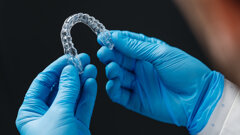

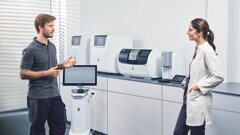

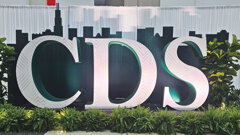






















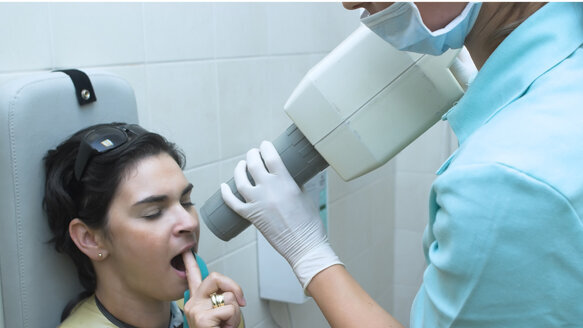



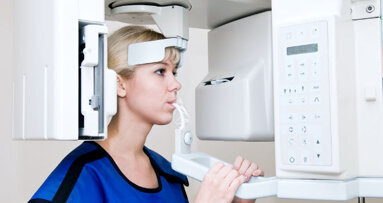
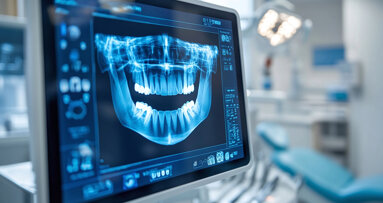


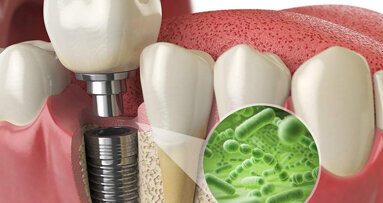
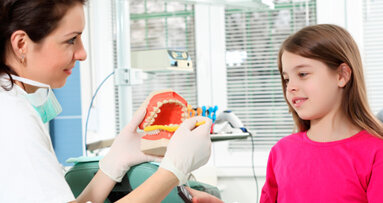
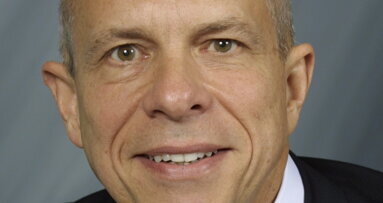
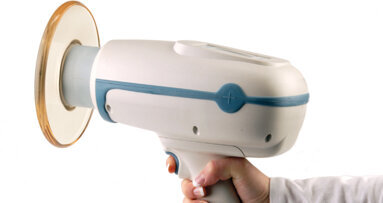
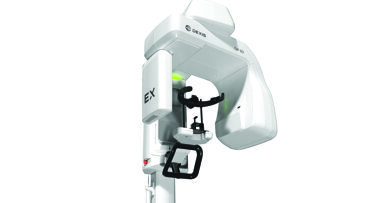
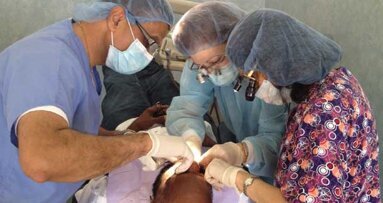
















To post a reply please login or register